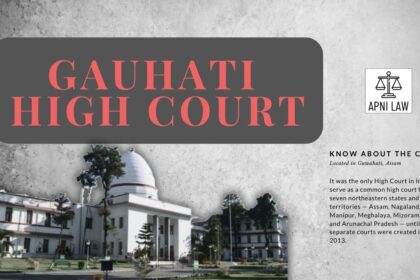Code:
If the accused pleads guilty, the Magistrate shall record the plea as nearly as possible in the words used by the accused and may, in his discretion, convict him thereon.
Explanation:
When an accused person pleads guilty to the charges against them, the court can convict them based solely on this plea, without requiring any further evidence. However, the court is required to ensure that the accused:
- Understand the nature and consequences of their plea.
- Are aware of the charges against them.
- Are not being coerced or influenced to plead guilty.
The court also has the discretion to reject the plea of guilty if it is not satisfied with the genuineness of the plea or if it feels that the accused does not understand the charges. In such cases, the court will proceed with the trial as usual.
Illustration:
A person is charged with stealing a mobile phone. When brought before the court, they plead guilty to the charges. The court will then ensure that the accused understands the gravity of the offense and the potential consequences of their plea. If the court is satisfied with the plea, it can proceed to convict the accused and impose a sentence, based on the nature of the offense and the accused’s criminal history.
Common Questions and Answers:
Q: Can the accused change their plea of guilty after it has been recorded?
A: Yes, the accused can change their plea of guilty before the court pronounces judgment. However, the court may not allow the change of plea if it feels that the accused is trying to delay the proceedings or is not being genuine.
Q: What if the accused pleads guilty but has a mental illness?
A: The court must be careful in such cases. If the court believes that the accused is not capable of understanding the nature of the charges or the consequences of their plea, it can order a psychiatric evaluation. The court may proceed with the trial if the accused is found to be fit to stand trial.
Q: Can the court convict the accused based on a plea of guilty without any evidence?
A: While the court can convict based on a plea of guilty, it is still required to consider all relevant factors, including the evidence that is available, to determine the appropriate sentence.








